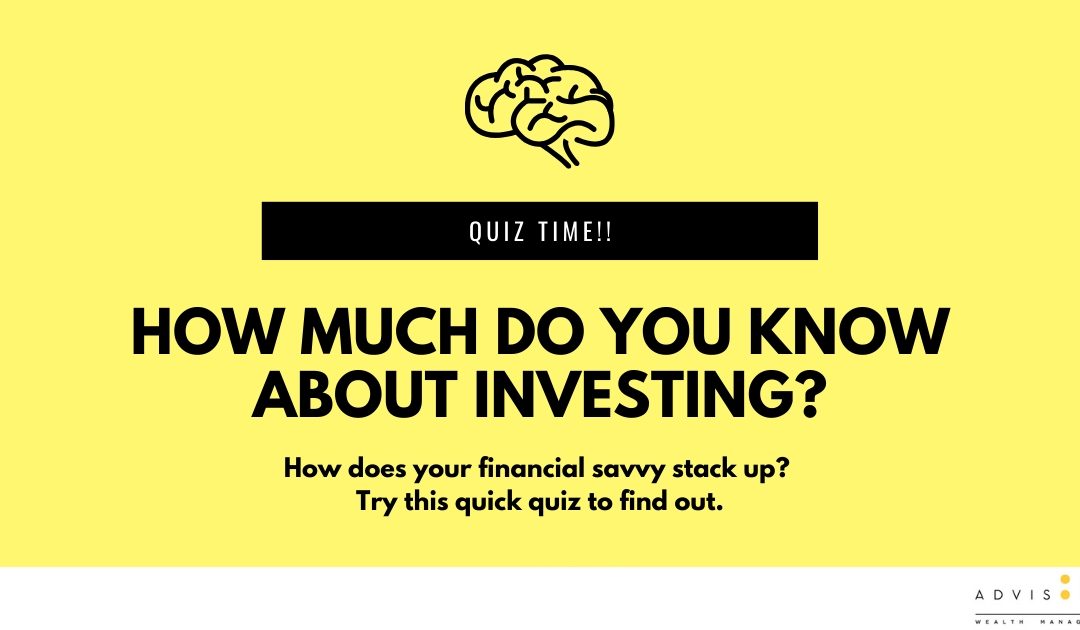Investing is normally a topic that conjures up images of pin-striped executives and sophisticated financial markets.
But, in reality, the act of investing is part-and-parcel of our daily lives; all of us are doing it throughout the day, though we might not consciously stop to think about it.
By exercising and pursuing good eating habits, we invest in our health; taking good care of our families and looking out for friends is an investment in our relationships; and, commitment to education is an investment in our future.
These are but a few examples and many more can be found. The point is that – as a way of life – we consistently invest time, effort and other resources in matters that are important to us.
The largest investment for most of us is the countless hours spent on earning a living; a substantial part of our lifetime is absorbed by working to make ends meet.
Consider this basic truth: there are only two ways to earn a living – you must work for your money, or your money must work for you.
It’s important that our money works hard for us; both, on the way to financial independence, and thereafter, so that we can comfortably maintain the quality of life that we have become accustomed to. So how does your financial savvy stack up right now?
Try this quick quiz to find out. CLICK HERE

How would you describe an asset?
- something that suits my personal taste
- something useful or valuable
- only objects that I can see or touch
Investments, such as shares – are called assets because they are valuable and are intended to make our money grow. And physical items that can be put to good use –such as machinery – are also called assets because they may fulfil important roles; for instance, to manufacture consumer products.
Is investment income taxed?
- no, not at all
- maybe, depends whether you have a job
- yes
Investment income is taxable. An example is the interest that you receive on funds held with banks and financial institutions.
What is meant by “bull market”?
- the farmers market
- the price of meat
- rising financial markets
When financial markets are upbeat and optimistic it’s referred to as a bull market. The opposite, when a market is pessimistic, is called a bear market.
What is a managed fund?
- a pool of investors’ money controlled by professionals
- investment opportunities only for high value individuals
- managing your own financial affairs
Managed funds are vast amounts of money, made up by the contributions of many individuals placed together. The funds are invested in various assets and managed by experienced and skilled professionals.
What is a share?
- a fund manager’s share of the investment profits made for clients
- when industry professionals share the same client
- ownership title in a company giving you the right to share in profits
Companies raise the money that they need for their operations – also called capital – by selling shares. The people and legal entities who have bought into a company are called shareholders. They have the right to vote on company matters and to receive a portion of its profits.
Which is a riskier investment – property or term deposit?
- property
- term deposit
- depends whether it’s short term or long term
The return on your term deposit is guaranteed by the financial institution; whereas property investment returns fluctuate in line with property market values. The value of property can swing significantly and even fall.
What is a dividend?
- when your investments are divided into cash and shares
- when a company pays out profits to its shareholders
- when your investments are divided into taxable and tax-free
The directors of a company decide each year how much of its profit can go to the shareholders and how much should be held for the ongoing operations of the business. The portion of the profit that gets paid out to the shareholders is called a dividend.
What is negative gearing?
- the opposite of a bull market
- when advisers caution against a particular investment
- when you borrow money to buy an investment asset that will result in a loss
An example of negative gearing is through property – an investor finances a rental property through a mortgage. The interest and property maintenance costs are offset against the income. If these costs exceed the income, the property is negatively geared. In usual circumstances, one benefit of negative gearing is claiming tax deductions for the costs during the life of the loan and another when the property is sold and results in a profit. This practice should only be attempted in a rising property market.
So, how did you go?
Although it can be complicated, the financial markets can offer a great opportunity to make our money work hard for us. Sensible investments can mean the difference between reaching our financial goals, or not.
If the quiz shows that your own investment knowledge needs some work, we can help.
Financial advisers are qualified and licensed professionals who stay in touch with the fast-moving financial world and are able to provide solid guidance across all types of investing.
Contact us to see how investing can help you on the way to reaching your own financial objectives.


Recent Comments